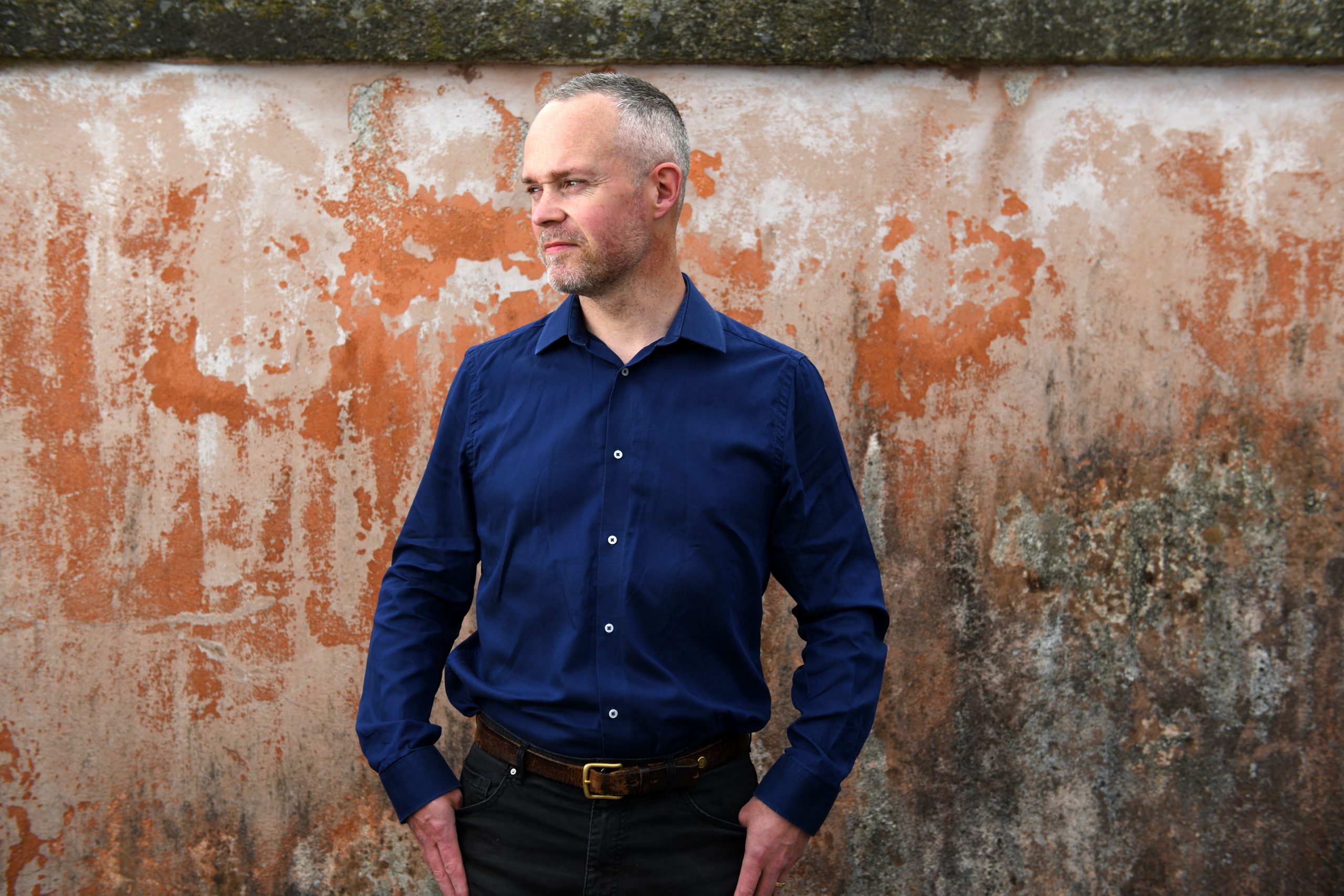There is a strong argument that Paschal Donohoe is the most powerful person in the country. A Ministers for Finance is always a powerful individual, but few previous ministers have held both a Europe-wide role (he is, of course, president of the Eurogroup) and had a blank cheque handed to them by a pandemic. Most finance ministers consider themselves very lucky to be able to spend an additional few billion in a year. Donohoe was able to spend north of €18 billion last year. His big worry is he might spend too much. By his side for the last few…
Cancel at any time. Are you already a member? Log in here.
Want to read the full story?
Unlock this article – and everything else on The Currency – with an annual membership and receive a free Samsonite Upscape suitcase, retailing at €235, delivered to your door.

